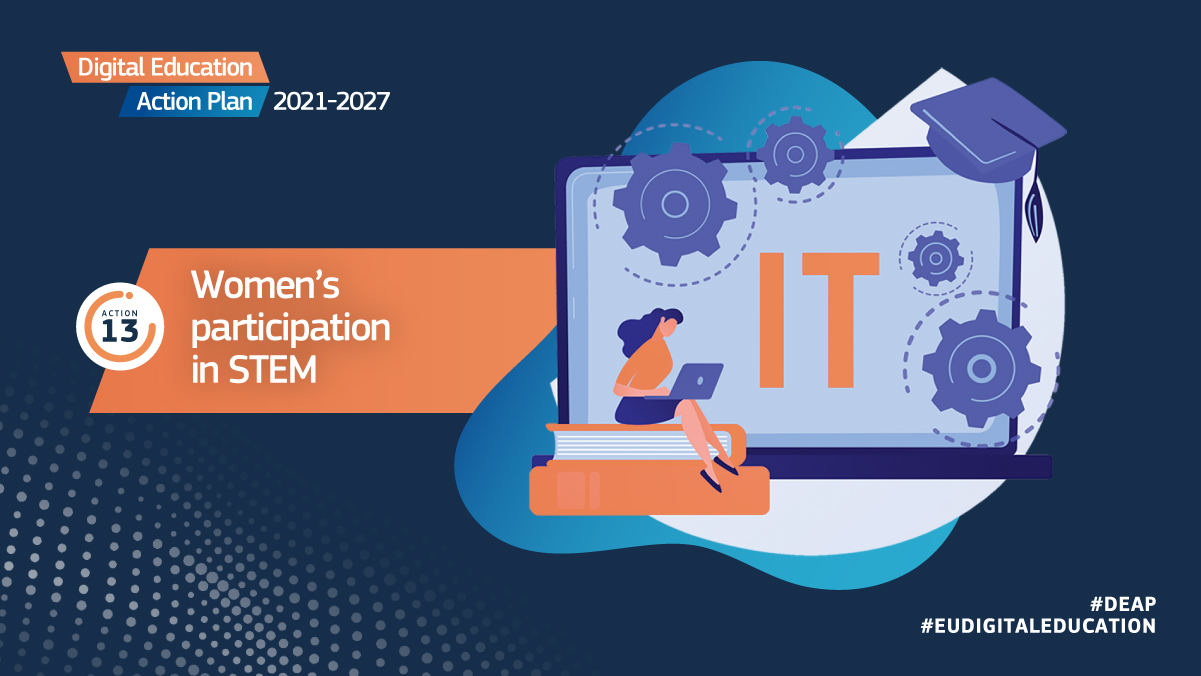
Elevate Learning Experiences 20 Collaborative Learning Tips
Fostering Collaboration in the Classroom
Collaborative learning is a powerful educational approach that promotes active engagement, critical thinking, and interpersonal skills development among students. By incorporating collaborative learning strategies into your teaching practice, you can elevate learning experiences and empower students to succeed.
Creating a Collaborative Classroom Culture
The first step in fostering collaborative learning is to establish a classroom culture that values cooperation, teamwork, and mutual respect. Set clear expectations for collaborative work, emphasizing the importance of active participation, listening to others’ perspectives, and sharing ideas constructively. Encourage a supportive environment where students feel comfortable collaborating with their peers.
Promoting Effective Group Formation
When forming collaborative groups, consider students’ diverse strengths, backgrounds, and learning styles to create balanced and productive teams. Mix high-achieving students with those who may need additional support, fostering peer learning and mutual assistance. Provide opportunities for students to self-select groups based on shared interests or goals, promoting autonomy and engagement.
Providing Structured Collaboration Activities
Structured collaboration activities provide a framework for students to work together effectively towards common goals. Incorporate cooperative learning strategies such as think-pair-share, jigsaw, and peer tutoring to facilitate meaningful interactions and knowledge sharing. Clearly outline roles and responsibilities within each group to promote accountability and ensure equal participation.
Encouraging Active Participation
Encourage active participation and engagement during collaborative learning activities by providing opportunities for all students to contribute to group discussions and projects. Use questioning techniques to stimulate critical thinking and encourage students to justify their ideas with evidence. Create a safe and inclusive environment where every voice is valued and respected.
Facilitating Communication and Discussion
Effective communication is essential for successful collaboration. Teach students active listening skills, respectful communication strategies, and conflict resolution techniques to promote positive interactions within groups. Encourage open-ended discussions, debates, and brainstorming sessions to foster creativity and critical thinking.
Embracing Technology for Collaboration
Technology can enhance collaborative learning by facilitating communication, collaboration, and knowledge sharing among students. Incorporate digital tools such as online discussion forums, collaborative document editing platforms, and virtual collaboration spaces to extend learning beyond the classroom walls. Provide guidance and support to help students navigate and utilize technology effectively for collaborative purposes.
Providing Timely Feedback
Feedback is a crucial component of collaborative learning, providing students with valuable insights into their strengths, areas for improvement, and progress towards learning goals. Offer timely and constructive feedback to individual students and groups, highlighting their achievements and offering suggestions for growth. Encourage peer feedback and self-assessment to promote reflection and metacognitive awareness.
Celebrating Successes and Milestones
Acknowledge and celebrate the successes and achievements of collaborative groups to foster a sense of accomplishment and motivation. Showcase exemplary work, recognize contributions, and celebrate milestones reached collectively. Encourage students to reflect on their collaborative experiences and identify lessons learned and areas for further growth.
Reflecting on Collaborative Experiences
Encourage students to reflect on their collaborative experiences, considering what worked well, what challenges they faced, and how they can improve in the future. Provide opportunities for group debriefing and self-assessment, prompting students to evaluate their teamwork skills, communication effectiveness, and overall learning outcomes. Use reflective activities to deepen students’ understanding of collaborative processes and promote continuous improvement. Read more about 20 collaborative learning tips and strategies for teachers



